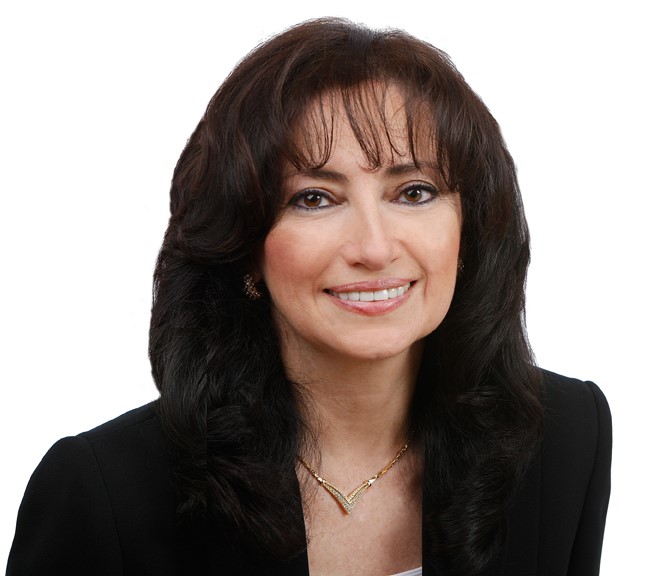
When searching for funding in the real estate world, it’s crucial to understand each loan type and its definition. Reverse mortgage is one important term you may encounter when thinking about building equity in your home. But what does reverse mortgage mean?
What is a reverse mortgage?
A reverse mortgage refers to a loan type available to homeowners aged 62 or older, and permits them to turn their home equity into income without monthly mortgage payments. A reverse mortgage loan essentially lets you borrow money, nearly uninhibited, against the equity you’ve already invested in your home.
What is a home equity conversion mortgage or “HECM?”
There are several types of reverse mortgages to choose from, depending on a variety of factors. The most common form of reverse mortgage is the HECM.
An HECM is also sometimes called a Federal Housing Administration (FHA) reverse mortgage, and is only available to those who meet FHA qualification requirements.
When to consider a reverse mortgage
To those who qualify, there can be definite advantages to a reverse mortgage. Reverse mortgage loans allow many homeowners the flexibility to supplement their income later in life and benefit from their investment in their homes. They can also be helpful in situations where significant costs, such as healthcare, necessitate a lump sum payment.
However, reverse mortgages don’t make sense for everyone. It’s best to find a trustworthy lender or loan program before considering this type of loan, and discuss your options with a trusted financial advisor.
About the Author

Bero Porter
"In every industry, there is a group of people distinguished by a passion for excellence and eagerness for new ideas. In residential and investment real estate, we are those people."
